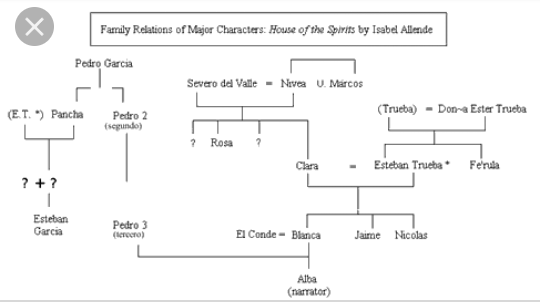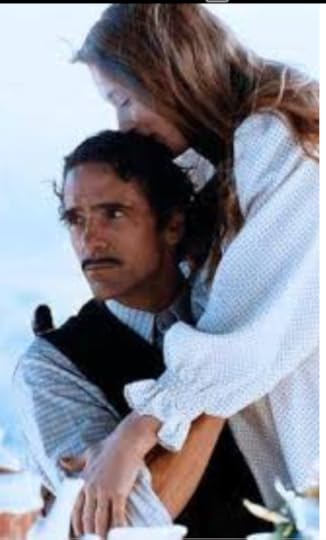What do you think?
Rate this book


448 pages, Paperback
First published January 1, 1982
روزا :جنية البحر والحلم المقتول في مهده
كلارا :روح شفافة تطفو فوق بحر هادئ من حريرأزرق
منذ ذلك الحين
وعشقي يداخله عُرف الخشب
ويستحيل خشبا
كل ما تمسه كفاي
ــــــــــــــــ
إيستيبان وفيرولا :أخ وأخت من الجحيم
!
من عجائبيات وطرائف بيت الأرواح البحري
رموز عجيبة و أنصاف مخبولين
*
*
أطلّ إنسانٌ على الدنيا
وسط كثيرين
ممن اجتازوا المخاض
خاض غمار الحياة، وسط فيض من البشر
ممن ضربوا مثله في شعابها
ليس ذلك وحده بالتاريخ التليد
مثلما الأرض ذاتها
قلب تشيلي حيث
ترخي الكروم ضفائرها الخضراء
وتقتات الأعناب من النور
يولد النبيذ، من أقدام الناس


















"لا يختلف موتنا ، عن لحظة المجئ إلى العالم ، فنحن نخشى المجهول ، غير أن الخوف هو شئ داخلي فينا ، ليس له علاقة بالواقع ، وهكذا فالموت هو كالولادة .. تبدل بسيط "
“نظنّ أن هذه الأشياء لا تقع إلا للآخرين . حتى اليوم الذي تقع فيه على رؤوسنا”